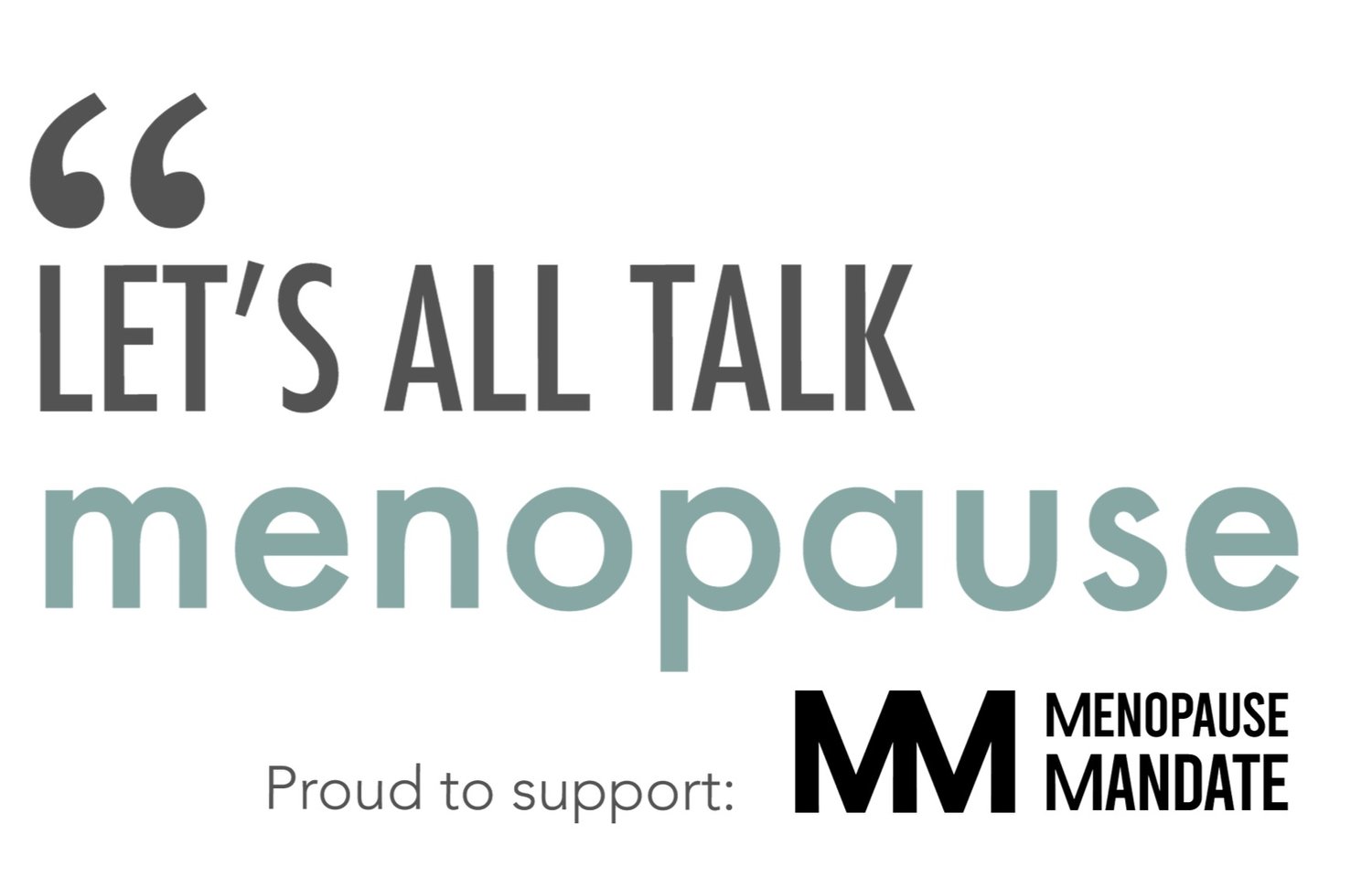Oral Health During Menopause with Dr Shabnam Zai
Menopause brings a myriad of changes, and oral health is no exception. Dr. Shabnam Zai, a London-based aesthetic dental expert with 20 years of experience, sheds light on how menopause impacts dental health and offers practical advice for maintaining a healthy mouth during this stage of life.
The Impact of Menopause on Dental Health
Lack of Evidence
There is limited evidence linking menopause directly to dental issues due to the variability in patient health conditions. However, anecdotal evidence from dental practitioners suggests a correlation between menopause and certain oral health symptoms.
Common Symptoms
· Dry Mouth: Difficulty swallowing, bad taste, and general discomfort.
· Sensitivity: Increased sensitivity in teeth and gums.
· Burning Mouth Syndrome: Pain and discomfort without visible signs.
· Neuralgia: Pain in the face or mouth region, often difficult to diagnose.
· Teeth Changes: Darkening, yellowing, wear, chipping, and crowding of teeth.
"By keeping our mouths healthy, we can actually improve our overall well-being."
Oral Care Techniques
Brushing
· Frequency: Brush twice a day for two minutes.
· Technique: Use an electric toothbrush for better coverage and pressure control.
· No Rinsing: Do not rinse your mouth after brushing to allow fluoride to
strengthen enamel.
"If you brush twice a day, you reduce your risk of cavities by half instantly."
Diet and Lifestyle
· Limit Acidic Foods: Avoid sipping on acidic drinks like lemon water throughout the day.
· Balanced Diet: Maintain a diet that supports overall health, including oral health.
· Hydration: Drink plenty of water to help with dry mouth.
Regular Checkups
· Frequency: Visit the dentist twice a year, or more frequently if you have specific issues.
· Hygienist Visits: Depending on your oral health, visits may range from every three months to annually.
Hormonal Changes and Oral Health
Hormone Replacement Therapy (HRT)
HRT may help alleviate some symptoms like dry mouth and burning mouth syndrome by stabilising hormone levels. However, it is not a cure for dental diseases, which are primarily caused by bacteria.
Stress and Oral Health
Stress, common during menopause, can exacerbate gum disease and other oral health issues. Managing stress through lifestyle changes can indirectly benefit oral health.
"Stress can affect people in different ways, and it's a really big cause of gum disease."
Practical Tips
· Mindful Brushing: Focus on each tooth and the sensation of brushing to ensure thorough cleaning.
· Dietary Adjustments: Reduce the frequency of sugary and acidic snacks.
· Tongue Scraping: Use a tongue scraper to remove bacteria and improve oral hygiene.
"Rinsing your mouth after brushing increases your risk of cavities by 50%."
Conclusion
"It's never too late and just take action. Don't regret what you've done."
Maintaining oral health during menopause involves a combination of good dental hygiene practices, regular checkups, and mindful dietary choices. It's never too late to start taking better care of your mouth, and small changes can make a significant difference.
